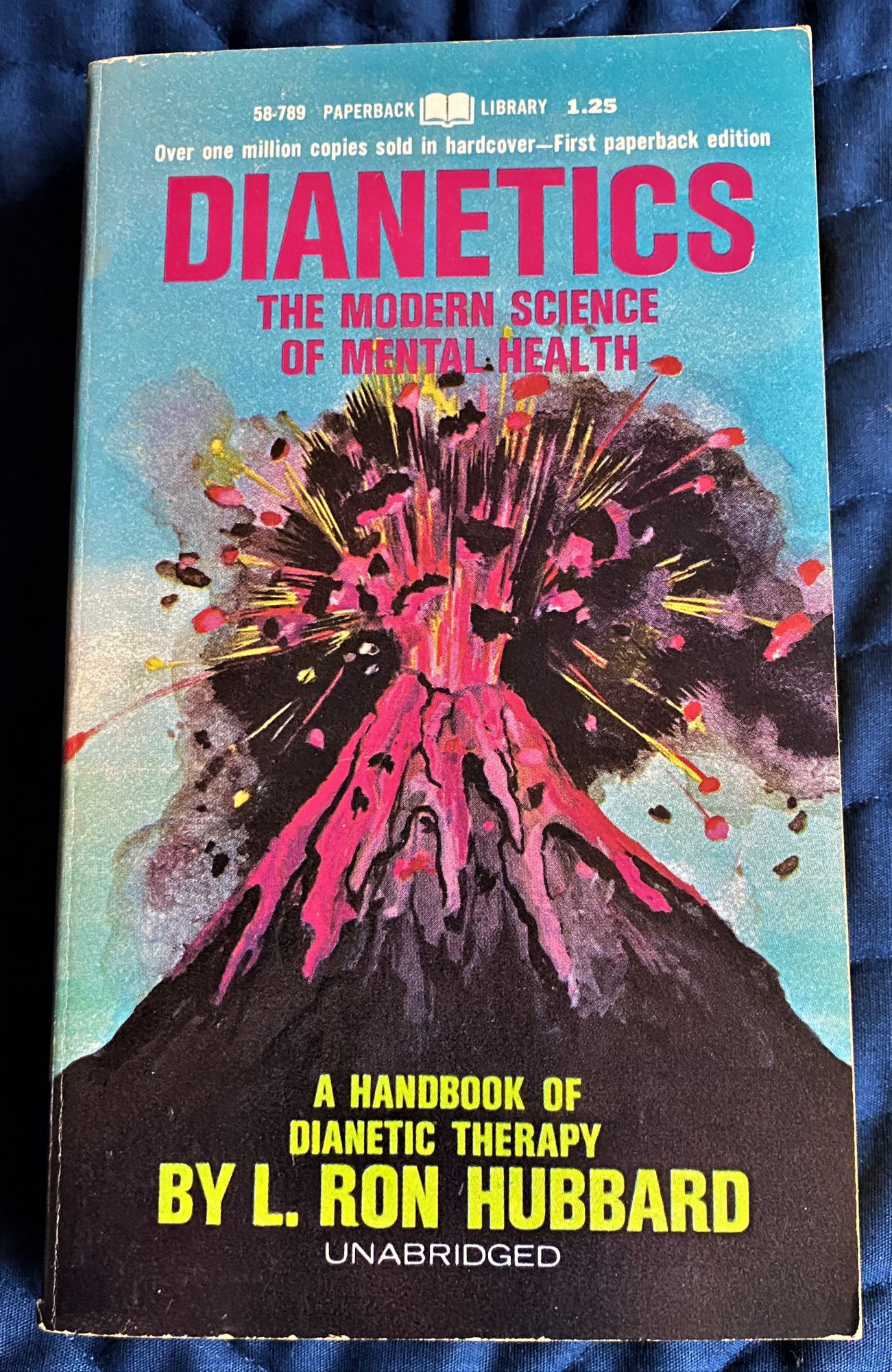Some Known Facts About Dianetics.
Table of ContentsThe Best Strategy To Use For DianeticsSome Known Factual Statements About Dianetics Getting The Dianetics To WorkThe Basic Principles Of Dianetics
I couldn't ever before not intend to obtain anything that enters your mind for you- if it was or else, I wouldn't be sitting here with you, doing this. I not just might never have a problem, or not desire to listen to something that enters your mind for you, yet I'm totally eager to recognize every idea, every thought, every photo or feeling that emerges or manifests for you- do not ever think otherwise, and if somehow you do, please simply allow me recognize! Occasionally, you may have a thought, and photo, idea or event appear that does not appear to answer the concern, or associate to it, however nonetheless, constantly do tell me about it, and as we proceed, the relevance will certainly emerge for you.This is integral in the basis of processing, and the topic of this discussion: the standard roles of the therapist and the client: The fundamental duty of the counselor is, as opposed to "conventional training", not to control, which indicates to enforce and/or prevent, yet to instead work from the basis of EMPOWERING THE CUSTOMER.

About Dianetics
John Mcmasters revealed this basic truth incredibly well in one of his talks on Power processing, where he describes how he was asked what this "unique knack" was that he had for providing such great sessions; he needed to believe about that for a minute, and detected that it was what he wasn't doing, along with what he was doing: he had not been evaluating, judging, computing, or as a matter of fact, creating any thoughts, allow alone verbal expressions, after providing the command and while awaiting the PC to finish their response to their fulfillment; he was, just and just, being existing with the PC, and totally interested.
The duty of the counselor, demonstrated; that was his "unique propensity". I have had my very own experience which taught me this well, very early in the game. In 1982, having recently finished my training and teaching fellowship on New Period Dianetics, I was running this on a PC, and there was a point in the session where (being a bit damp behind the ears not yet having many hours under my belt as a specialist auditor) the visit this site computer seemed to be "taking as well long" to express anything verbally after I offered him a command.
This trick turned out to be the most useful payment that John ever before made to the topic of therapy or auditing (Dianetics). In my humble opinion, it is the greatest contribution that anybody has ever made to these subjectsthe application is totally non-judgemental, non-evaluative, and empty of any kind of pointer, guidance or opinion.no preconditioned program for people, or 'degrees' that they need to do
In Idenics, the only source of details regarding a customer is the private client. In Scientology we prided ourselves on not evaluating for people. However all that actually indicated was that the auditor did not vocally assess for the PC in session. The registrars and principles officers reviewed for the computer.
The Single Strategy To Use For Dianetics

Anyone that had ever seen John audit could not assist however discover a distinct quality in his auditing."The client's fundamental duty is to be there with the objective of moving in the instructions of their spiritual objectives, and to easily and totally reveal and experience whatever materializes for them in responding to the questions and carrying out the guidelines in the handling.
This is something to process as needed. Yet also, people regularly have prior experience and/or see brainwashing in auditing/processing which, somehow, and to some degrees, actually deceives them right into perspectives, concepts and behavior patterns that protect against the complete understanding of these duties, and so they will certainly often tend to prevent the expressing of what comes to mind, as in the examples try here offered above. * The first, and perhaps leading examples of mis-indoctrination resulting in less than totally smooth and reliable sessions, can be located in certain facets of the training regimens, or "TR's":"TR's" are typically a person's very first, or at the very least early, experience in Scientology, and while I will certainly take place to explain what I view as the imperfections in idea and practice, however, often tend to be substantially restorative, done as they are given (Hubbard insists that "TR's are not processing, they are educating", yet factually, they are both handling AND training)
There is no "flunking", and no denial of the reality of this being handling. The focus, as it must be, is on experiencing the other person's visibility.
A Biased View of Dianetics
